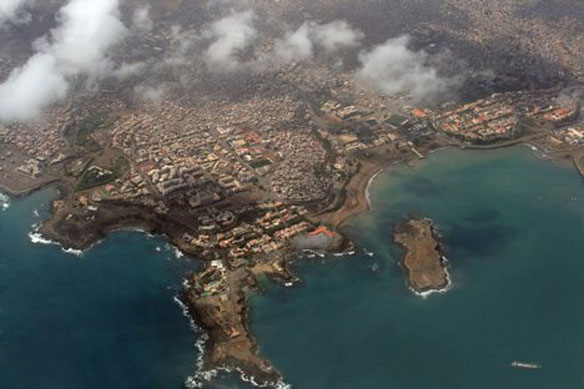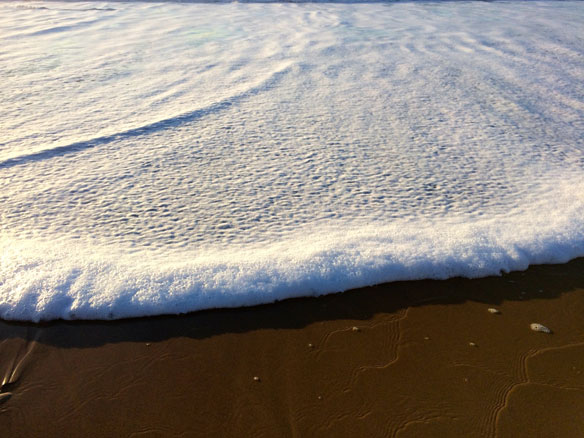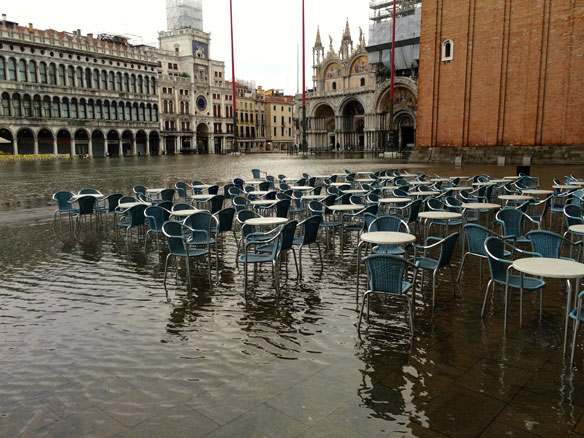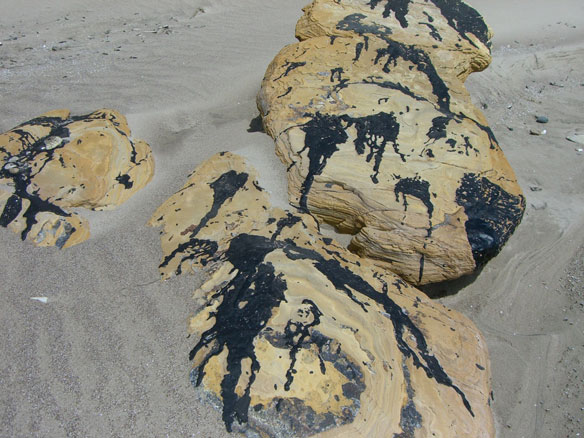Darwin’s Elevation Changes Theory Confirmed, Cape Verde

More recent geologic studies in Cape Verde have confirmed Darwin’s conclusions about elevation changes and that multiple geologic processes under the ocean floor have raised Cape Verde at varying rates over the past 6 million years.
Mapping the Grassroots

Grassroots Mapping, a technological movement premised on a simple yet radical idea: for less than $100 you can generate your own high-resolution satellite imagery.
UN chief: economic model and environmental threat

Political and business leaders need to embrace economic innovation in order to save the planet.
The Birth of An Island, BBC Video

The dramatic birth of a new volcanic island in the Pacific has been witnessed by an international team of scientists. The rare event was captured on film by researchers during an expedition to the Solomon Islands.
Climate change Litigation, A New Frontier ?

Today’s lawsuits may spur thinking about future liability risks among major emitters, creating awareness and thus also may have an impact on the actions of governments and corporations.
Bound By Oil, Stories From The Gulf, NRDC

As members of the Atakapa-Ishak Nation, they have thrived along the lush marshes and canals of Mississippi River delta, surviving on the fertile coastal environment that sustains and nurtures their lifestyle. Then the BP oil disaster struck last summer, and things have never been the same. Bound by oil, they now travel toward the future, not knowing what will come next, but sadly secure that they don’t go alone.
Sand Dollars

The best time for beachcombers to look for sand dollars is at low tide right after a storm.
Did You Just Eat a Plastic Bag?

How Plastic Pollution Has Entered Our Food Chain. Research is just beginning to show that we are consuming many other chemicals through our seafood, and our disposable plastic waste may be a potent source of this contamination.
California approves first broad US climate plan

California, acting on its own against climate change, has approved a plan to reduce emissions of carbon dioxide and other greenhouse gases and let power plants, factories and eventually refiners and others to trade permits to pollute in a program generally known as cap-and-trade. California will become the second-largest carbon market in the world, following a European system.
